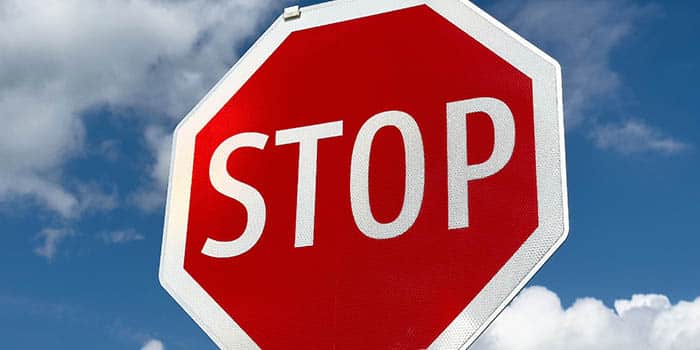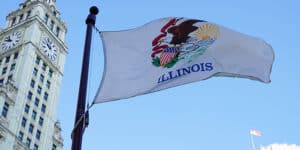Fact-checked by Stoyan Todorov
Dutch Gambling Tax Hike Creates €200M Revenue Shortfall
The National Trainers’ Federation backs a new Social Market Foundation tax plan to raise casino levies while easing betting duties

At the end of March, Statistics Netherlands reported an all-time gambling tax revenue record for 2024 at €1 billion ($1.07 billion).
However, January’s tax increase on gambling from 30.5% to 34.2% appears to have backfired, with the Dutch government now facing a €200 million ($230.8 million) shortfall in expected revenue.
GGR Dropped 25% in H1 2025
According to Financieele Dagblad’s figures based on data from the Dutch trade body VNLOK, gross gaming revenue (GGR) for the first half of the year is projected to be down 25% compared to the same period of 2024.
Total tax revenue is likely to drop to just 83% of what was collected in the first half of 2024.
The Ministry of Finance had projected an additional €200 million in annual gambling taxes through 2028, but the Kansspelautoriteit (KSA), the Dutch gambling authority, is expected to confirm that this target is unlikely to be met later this week, when publishing its tax impact assessment.
A spokesperson for the KSA acknowledged the shortfall to Dutch financial newspaper Financieele Dagblad.
Several Factors at Fault
The decline is being blamed on a mix of factors, primarily tighter regulation and increased restrictions placed on legal operators.
These include a ban on untargeted advertising and sponsorship, and strict monthly deposit caps introduced in October 2024 at €700 ($807) per month for most players, and €300 ($346) per month for gamblers aged 18 to 25.
VNLOK believes these measures, mixed with the higher tax burden, are causing players to use unlicensed, offshore gambling platforms where such limits don’t apply.
While the number of registered player accounts rose slightly from 1.1 to 1.19 million, the KSA believes high-spending gamblers have switched over to the black market in an attempt to avoid the restrictions.
The KSA’s own data shows the legal market’s channelisation rate, measuring the percentage of activity that stays within the regulated market, has dropped from 58% in early 2024 to just 50% by year’s end.
Industry stakeholders are sounding the alarm. The trade association Brancheorganisatie VAN Kansspelen called the tax move “doubly unwise,” arguing that it’s “ineffective, inefficient and even completely counterproductive.”
Despite industry concerns and warnings from independent research firms, the government wished to increase the gambling tax even further to 37.8% in January 2026.
The Netherlands isn’t alone in raising gambling taxes recently, with Sweden bumping up its gambling tax last year, and France agreeing to increase its gambling tax at the end of last year. Meanwhile, in the UK, the horse racing industry is pushing back against plans to unify the remote gambling tax rate across all online gambling types, warning the change could seriously hurt their sector.
After finishing her master's in publishing and writing, Melanie began her career as an online editor for a large gaming blog and has now transitioned over towards the iGaming industry. She helps to ensure that our news pieces are written to the highest standard possible under the guidance of senior management.

















